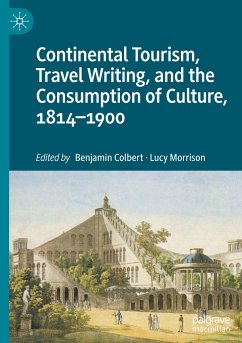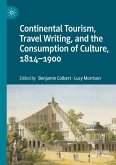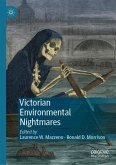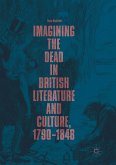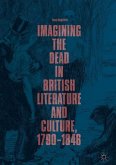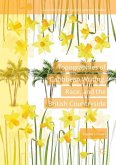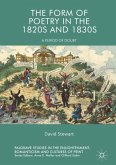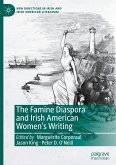This book explores the boundaries of British continental travel and tourism in the nineteenth century, stretching from Norway to Bulgaria, from visitors' albums to missionary efforts, from juvenilia to joint authorship. The essay topics invoke new aesthetics of travel as consumption, travel as satire, and of the developing culture of tourism.
Chronologically arranged, the book charts the growth and permutations of this new consumerist ideology of travel driven by the desires of both men and women: the insatiable appetite for new accounts of old routes as well as appropriation of the new; interart reproductions of description and illustration; and wider cultural manifestations of tourism within popular entertainment and domestic settings. Continental tourism provides multiple perspectives with wide-ranging coverage of cultural phenomena increasingly incorporated into and affected by the nineteenth-century continental tour. The essays suggest the coextension of travel alongside experiential boundaries and reveal the emergence of a consumerist attitude toward travel that persists in the present day.
Chronologically arranged, the book charts the growth and permutations of this new consumerist ideology of travel driven by the desires of both men and women: the insatiable appetite for new accounts of old routes as well as appropriation of the new; interart reproductions of description and illustration; and wider cultural manifestations of tourism within popular entertainment and domestic settings. Continental tourism provides multiple perspectives with wide-ranging coverage of cultural phenomena increasingly incorporated into and affected by the nineteenth-century continental tour. The essays suggest the coextension of travel alongside experiential boundaries and reveal the emergence of a consumerist attitude toward travel that persists in the present day.
"Each of the chapter contributions to Continental Tourism exhibits close attention to the biographical and cultural contexts that shape their subjects. ... The book should prove of equal interest to scholars interested in the development of travel writing as a form across the century." (Christopher M. Keirstead, Victorian Studies, Vol. 65 (2), 2023)

